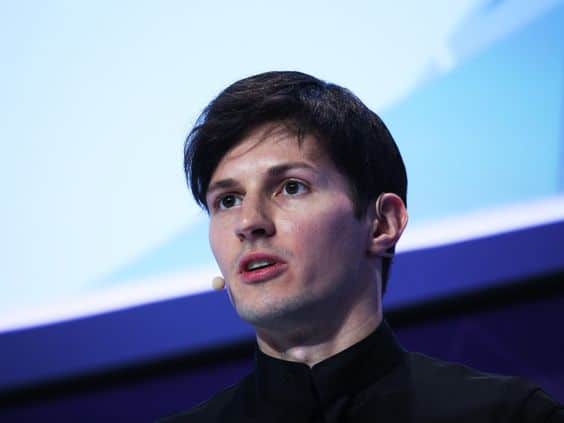Pavel Durov, the CEO and founder of Telegram, was arrested by French authorities yesterday after landing at Le Bourget Airport near Paris.
According to a recent report from Le Monde, Durov was flying in from Azerbaijan when his private jet was stopped, leading to his detention. The arrest is part of an investigation into alleged illegal activities linked to Telegram.
The investigation is being handled by France’s L’Office Mineurs (OFMIN), an agency that usually deals with crimes involving minors. The allegations against Telegram include serious offenses such as fraud, drug trafficking, cyberbullying, and organized crime.
Authorities are particularly concerned about Telegram’s lack of control over harmful content on its platform. If Durov is found guilty, he could face up to 20 years in prison.
The Case and What’s Happening
The investigation began after French officials issued a search warrant targeting Telegram. Reports suggest that Durov was expected to appear in court on August 25, where more details about the charges could be revealed.
This case has drawn some attention because Telegram is a widely used messaging platform with millions of users who rely on its encrypted communication features. The case raises concerns about how such platforms can be regulated without compromising privacy.
Reactions and Industry Response
After Durov’s arrest, TON (The Open Network), a blockchain connected to Telegram, assured users that its services are still running smoothly. The TON community expressed support for Durov, stressing the belief in free speech and the importance of decentralized technology.
Additionally, several prominent figures also reacted to the news.. For instance, Elon Musk tweeted “Free Pavel” on his social media platform, X (formerly Twitter), along with Ethereum co-founder Vitalik Buterin and American politician Robert Kennedy Jr. They all expressed worry about how this incident might impact the future of secure communication in Europe.
Past Issues with Authorities
Durov has previously faced pressure from government agencies, particularly in the U.S. In a past interview, he mentioned attempts by the FBI to recruit one of his engineers to install backdoors in Telegram’s systems. His recent arrest in France highlights the ongoing conflicts between tech companies and authorities over issues like privacy and regulation.
As the investigation continues, the case is expected to raise more questions about the balance between user privacy and government oversight.
Also Read: Telegram Unveils In-App Browser for Decentralized TON Sites







